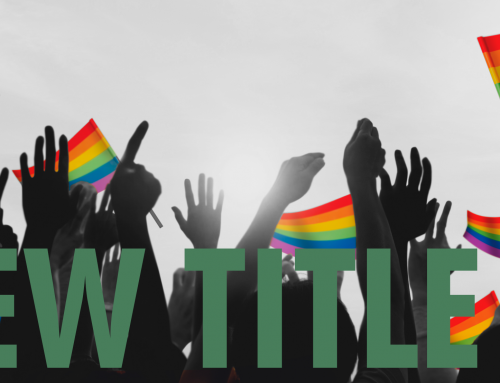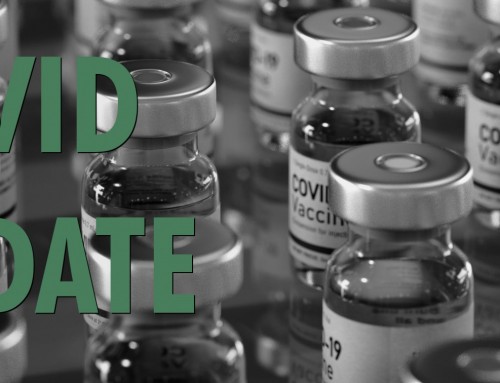The Department of Education has released new proposed rules for sexual harassment and assault under Title IX. While sexual harassment has been addressed through Department of Education guidance since the mid-1990s, it has never been subject to regulations. Specifically, the proposed rules seek to address the following:
- What constitutes sexual harassment for purposes of rising to the level of a civil rights issue under Title IX;
- What triggers a school’s legal obligation to respond to incidents or allegations of sexual harassment; and
- How a school must respond.
The Department of Education’s Background Summary for the proposal states that the new rules will require a school to respond meaningfully to all sexual harassment reports of which the school becomes aware without requiring every report to activate the schools grievance process. The regulation encourages schools to offer students supportive measures even when the complainant does want to file a formal complaint.
When a formal complaint is filed, the school must investigate and apply certain due process safeguards in order to ensure that discipline for the accused and remedies for the complainant are based on a fair determination of facts. For K-12 schools, a hearing is optional but the parties must be allowed to submit written questions to challenge the other party’s credibility before a determination is made by the hearing examiner. For institutions of higher education, the final determination must be made at a live hearing, and cross-examination must be allowed. Cross-examination will be conducted by each party’s advisor to prevent personal confrontation during the hearing.
The regulations change the definition of sexual harassment that is actionable under Title IX to mean any of the following three types of behavior:
- A school employee conditioning an educational benefit or service upon a person’s participation in unwelcome sexual conduct (often referred to as quid pro quo harassment); or
- Unwelcome conduct on the basis of sex that is so severe, pervasive and objectively offensive that it effectively denies a person equal access to the school’s education program or activity; or
- Sexual assault as that crime is defined in the Clery Act regulations.
The section 2 represents a more narrow definition of sexual harassment than that put forth by the Obama administration, which defined harassment as “unwelcome conduct of a sexual nature.”
In addition, the proposed regulations create a framework that addresses when a school’s obligation to respond is triggered. First, the school must have actual knowledge of sexual harassment or allegations of sexual harassment. Under the regulation, reporting sexual harassment to a Title IX Coordinator will always give the school actual knowledge. For K-12 schools, reports of student-on-student harassment to any teacher at the school gives the school actual knowledge. For all schools, colleges, and universities, the test for whether reporting to any other school employee gives the school actual knowledge is whether the person given notice of the report is “an official with authority to take corrective action,” a standard originally defined in the U.S. Supreme Court case Gebser v. Lago Vista Independent School District.
Second, the alleged harassment must involve conduct that occurred within the school’s own program or activity. These situations are fact specific and schools should look to factors such as whether the harassment occurred at a location or under circumstances where the school owned the premises, exercised oversight, supervision or discipline over the location of the participants, or funded, sponsored, promoted, or endorsed the event or circumstance where the harassment occurred.
Third, the alleged harassment must have been perpetrated against a person in the United States (as opposed to someone studying abroad. The text of Title IX limits protection to “persons in the United States.”
Finally, the proposed regulations adopt the standard of “deliberate indifference” established by the U.S. Supreme Court case Davis v. Monroe County Board of Education. Therefore, a plaintiff making a claim of harassment must prove that the funding recipient acted with deliberate indifference to known acts of harassment in its programs or activities, and the harassment must be so severe, pervasive, and objectively offensive that it bars the victim’s access to an educational opportunity or benefit.
The regulations are now open to a 60-day public comment period through the Department of Education. They represent potentially significant changes to Title IX compliance for educational institutions at all levels. If you have any questions about how these proposed changes could affect your school district, college, or university, contact your entity’s counsel.
Prepared by the offices of Richard Abernathy, this article should not be construed as legal advice related to any specific facts or circumstances. Although this article covers legal subjects, it is intended to educate readers and not to provide advice that will be the basis for action or inaction in any specific circumstance. Viewing these materials does not create an attorney-client relationship between Abernathy, Roeder, Boyd & Hullett, P.C. and the reader or the reader’s institution. For circumstance-specific legal advice, please directly contact a licensed attorney.







Leave A Comment